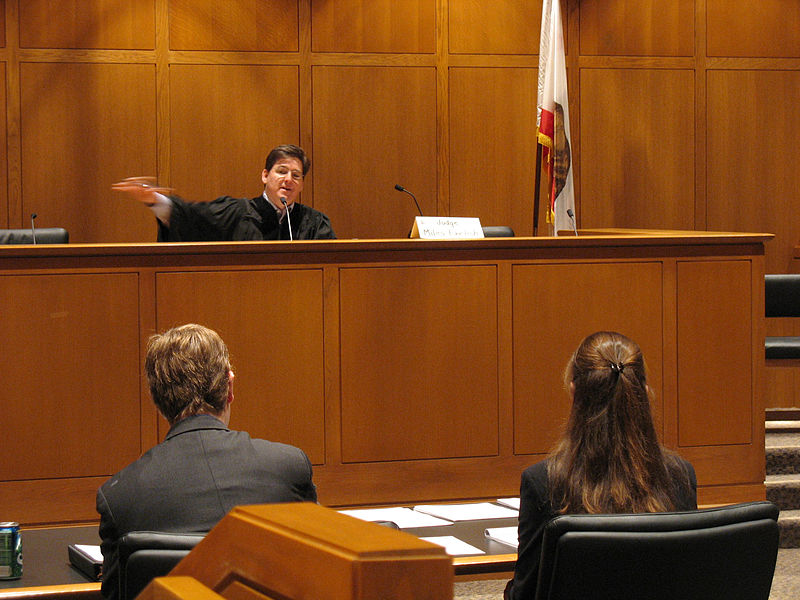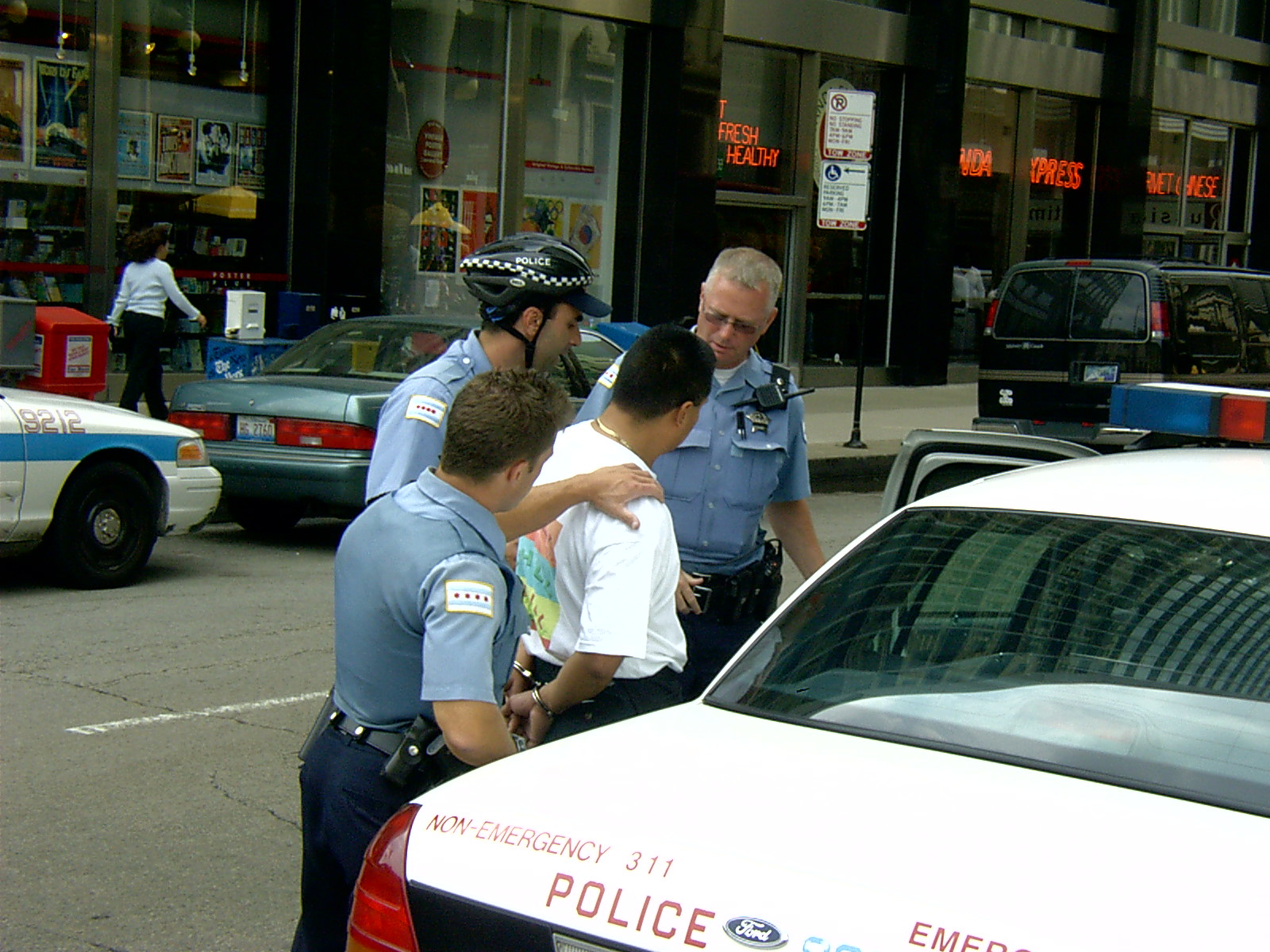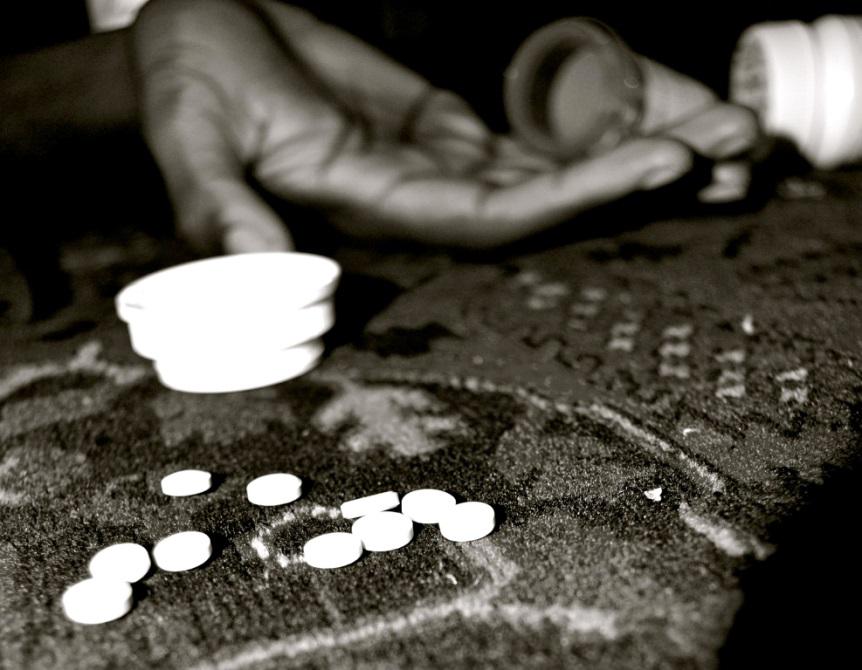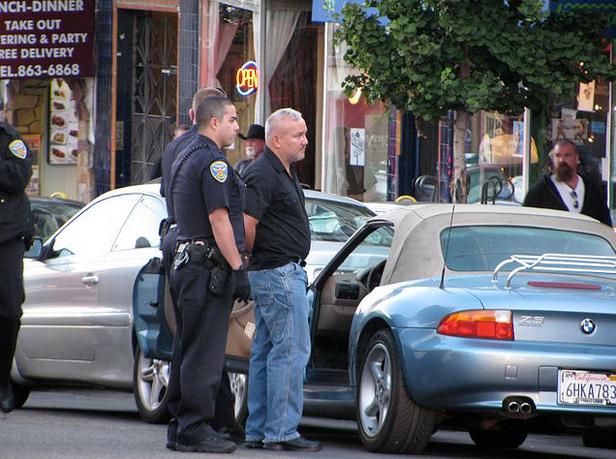Things to Consider Before Hiring a DUI Attorney

When you have been charged with driving under the influence in Illinois, you will need a lawyer who has extensive experience handling cases that involve impaired driving charges. While any lawyer can represent your interests in court, a legal counsel who has years of experience successfully representing clients (and a track record of plea bargaining) with
Helping When You Need It the Most: Criminal Defense Lawyers

There are two sides to every story unless it is a criminal case; then there are three sides of the story. There is the victim’s story, there is the story of the accused and the story that is most plausible to the court and jury. When it comes to criminal defense, presenting all sides of
How a DUI Arrest Can Ruin Your Life

There is a lot of social stigma when it comes to being charged on a DUI offense. The first thought is that someone has deliberately got behind the wheel of the car when they knew they were drunk or impaired on a chemical substance. As lawyers with decades of experience handling DUI charges we know
Understanding the Complex Relationship between Substance Abuse and Crime

A large number of people harbor the notion that criminal behavior and substance abuse are interrelated, and that those who commit crimes such as theft and burglary, do so to procure money to buy drugs. This often-lethal combination has ruined the lives of entire families. Preventing this and/or dealing with this can be challenging, but
Why Hire a Lawyer to Fight a DUI Arrest

The consequences associated with DUI charges can be excessively severe. The charges pressed against you can negatively impact various aspects of your life. It can result in the loss of your driver’s license, your job, an unreasonably high amount of money due to court fines, and even jail time. In trying times like these, it
Steps to Take After an Auto Accident to Build a Legal Case

Most of the time, troubles do not warn you of their arrival. Motor vehicle accidents occur in a sudden, transient, bewildering moment that can leave you injured and/or in a state of panic. Many a time, victims of car accidents get so flabbergasted by the situation that they’re unable to figure out what to do
How to Pick a Top Personal Injury Lawyer

Being a victim of personal injury is not only stressful but also emotionally devastating. In a distressing situation like this, there’s one person who can fight for your rights and help you claim the compensation that you are entitled to- a personal injury lawyer. Choosing the right personal injury lawyer plays a very crucial role.
How to Avoid a DUI Arrest

Drinking and driving do not mix. This implies that if you’ve been drinking, refrain from driving. Drunken driving can result in injuries and loss of lives – yours and/or others. Why would anyone want to drive under influence and end up smashing their own car or damaging someone else’s property? The worst thing about drunken
Former Joliet cop accused in beating found innocent
A Will County jury on Wednesday found a former Joliet police officer accused of beating a woman during an arrest not guilty on all counts. Thomas O’Connor, 37, was charged with aggravated battery after the February 2012 incident in which he punched Shantique Jackson more than 20 times while attempting to arrest her. The jury
Man sues Joliet police who fired shots at him
A man who says he was shot several times last summer by Joliet police officers has filed a civil rights lawsuit against the officers and the City of Joliet. The complaint, which will be pursued in federal court alleges excessive force and is seeking millions of dollars in damages. James Pacheco shows the scars left











